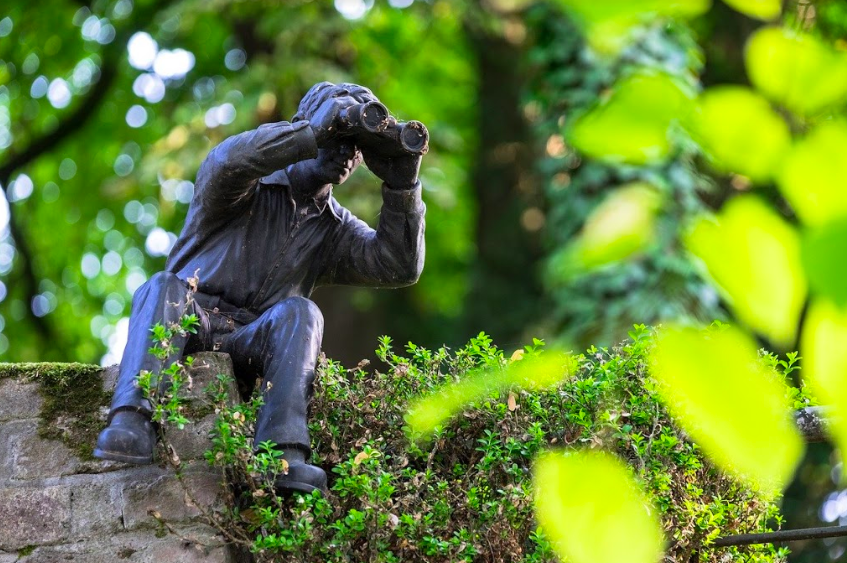With technology in our day and age, it may seem like we are constantly being watched. But what happens when this feeling spirals out of control? As January is National Stalking Awareness Month, we want to address this not often spoken of topic.
Stalking is a problem often brushed under the rug, and victims are ostracized because others do not understand why they are afraid. Stalking is real and dangerous. And it’s a crime.
What exactly is stalking? Stalking is when a person performs a series of actions that would make a reasonable person be fearful. These actions may include following you, contacting you persistently, or finding information on you using various methods such as social media.
Feelings that you might experience when being stalked include:
- Social anxiety
- Stress
- Fear
- Trouble sleeping (and other symptoms common with stress)
Although stalking is usually done by someone you have been in contact with, you may not know them at all.
One of the scariest things about being stalked is the unpredictability of the events. A harmless phone call can quickly lead to acts of physical violence. Since stalking is hard to pinpoint and comes from multiple channels, it can be hard to prove to others that the danger exists.
If you are being stalked, it’s okay to feel scared. You have every right to be.
What can you do if you’re being stalked?
- Change your routine. Develop ways to deal with the stalker, such as walking different routes to school or staying at a friend’s house.
- Tell your friends, family, coworkers, and if applicable, security staff about what’s going on. They can provide you mental and emotional support and help develop ways to safeguard your safety.
- Record any encounters with the stalker. Having evidence such as emails will make it easier to prove that the danger exists to police, so that if needed, a restraining order can be placed.
- Contact hotlines and police. If the stalking involves violence, call the domestic violence hotline at 1-800-799-7233. Contact your police department so they are aware of the danger you are in.
If you’re a friend or relative of the person being stalked, you are probably afraid for their safety. What can you do to help?
The most important thing is understanding. Stalking is not the victim’s fault and it is not an imagined fear. Adjusting your activities to help them and checking in on them to make sure they’re safe, will also help them feel secure, along with quell concerns that you may have for their safety.
Our Her Nexx Chapter Community invites you to join us where women are connecting with each other’s stories, exploring different experiences, and transforming ideas.
The Future of Connection for Women
About Our Author
- How to Get Along with Roommates or Siblings…During Quarantine and Beyond - July 17, 2020
- Maintaining a Positive Perspective - June 22, 2020
- Stalking Awareness - January 9, 2020
Follow us:







